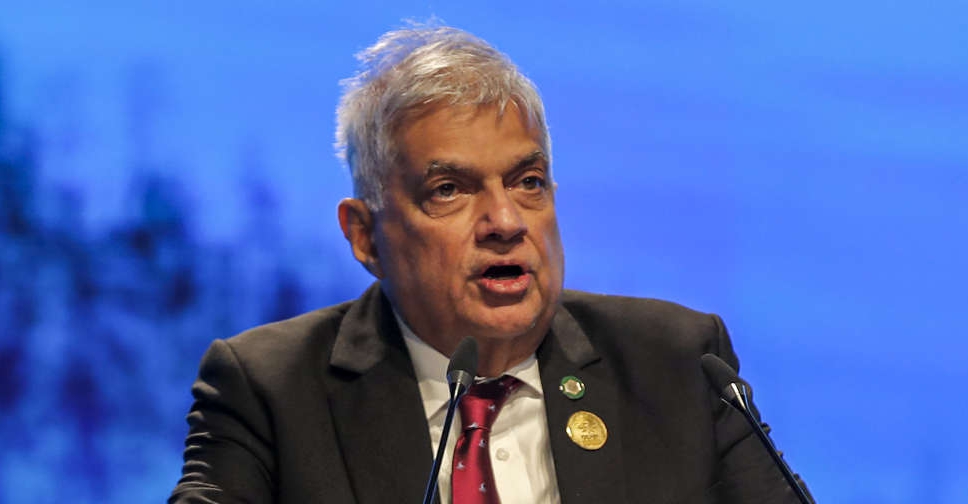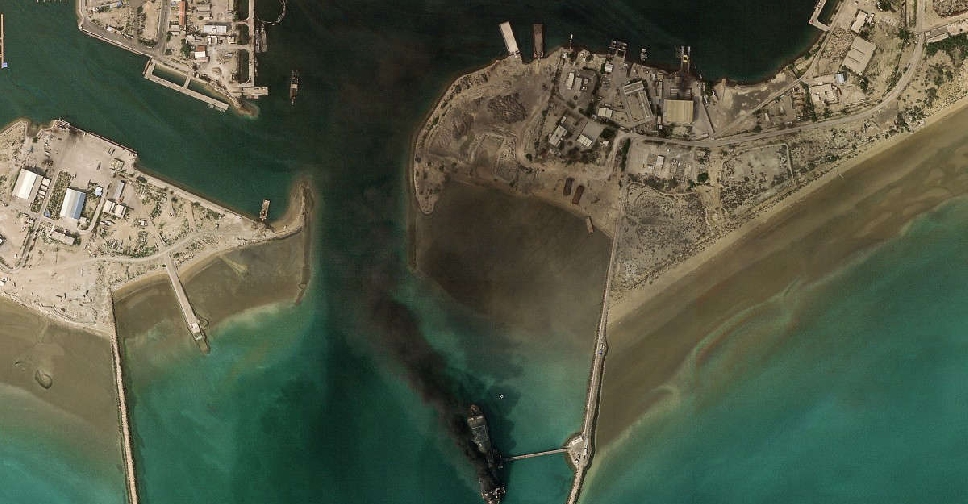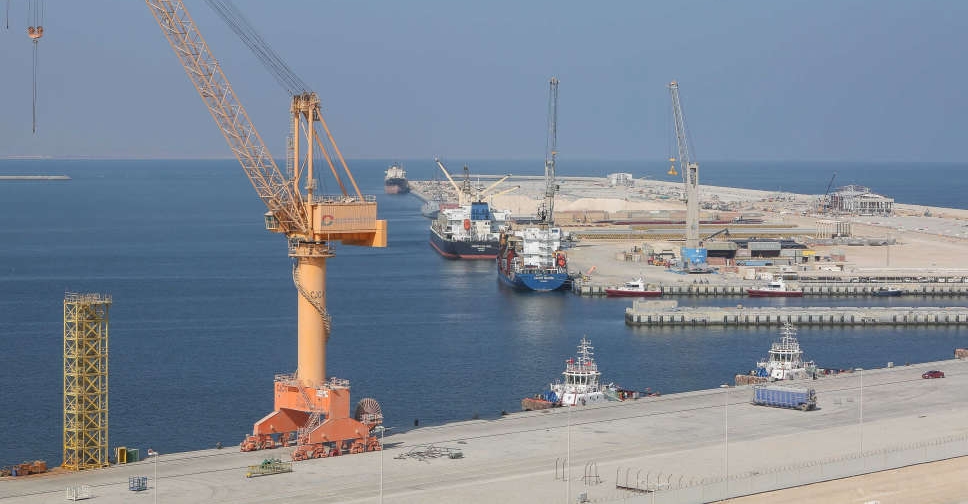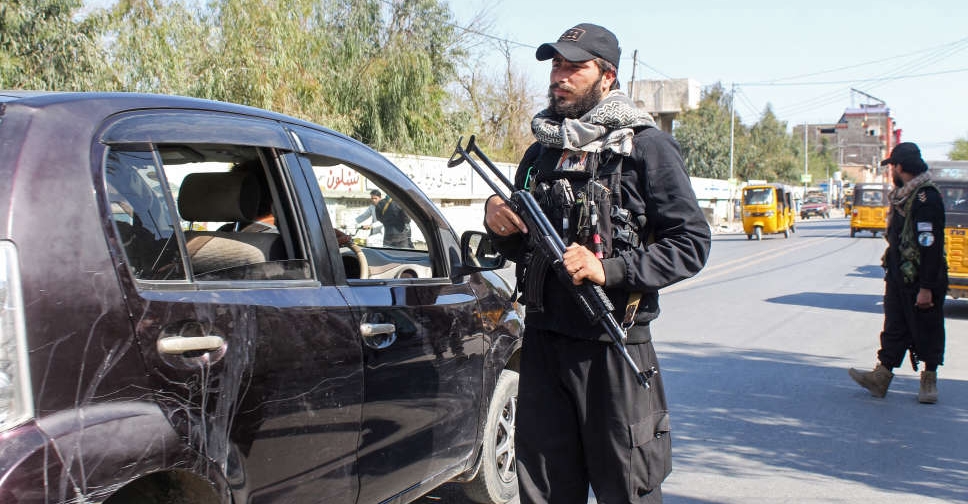
Sri Lanka's economy could contract by -3.5 or -4.0% in 2023 after shrinking -11% last year, President Ranil Wickremesinghe said on Saturday.
"From 2024, we will take this economy to positive growth. We are creating a strong country that does not bow down to anyone and is debt-free," he said.
Speaking at a religious event, he said: "The growth rate of the economy in 2022 was -11% and could be -3.5 or -4.0% this year."
If economic programs which includes difficult changes in policy such as higher taxes, cuts in public expenditure and debt restructuring were not implemented then Sri Lanka could witness further political unrest, he said.
"No one can prevent the country from falling into crisis again similar to May and June last year," Wickremesinghe said.
The island nation of 22 million people has struggled with challenges during the past year ranging from a shortage of foreign currency to runaway inflation and a steep recession - the worst such crisis since independence from Britain in 1948.
The government signed a preliminary agreement with the International Monetary Fund (IMF) in September for a $2.9 billion program but has to put its debt on a sustainable path before disbursements can begin.




 Qatar busts two cells linked to Iran’s Revolutionary Guard
Qatar busts two cells linked to Iran’s Revolutionary Guard
 Jordanian airspace reopens after 'comprehensive review'
Jordanian airspace reopens after 'comprehensive review'
 Iran vows to attack any ship trying to pass through Strait of Hormuz
Iran vows to attack any ship trying to pass through Strait of Hormuz
 Drones target fuel tanks at Oman’s Duqm Port
Drones target fuel tanks at Oman’s Duqm Port
 At least 42 civilians killed in Afghanistan in conflict with Pakistan, UN agency says
At least 42 civilians killed in Afghanistan in conflict with Pakistan, UN agency says




